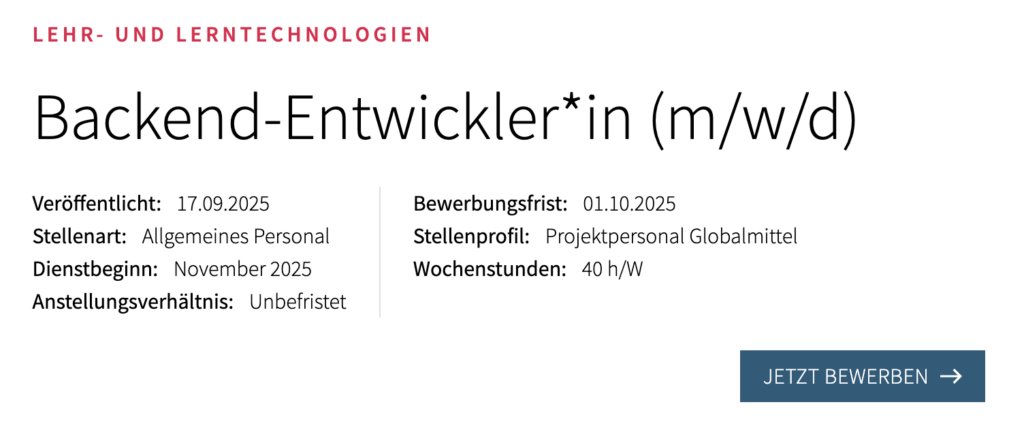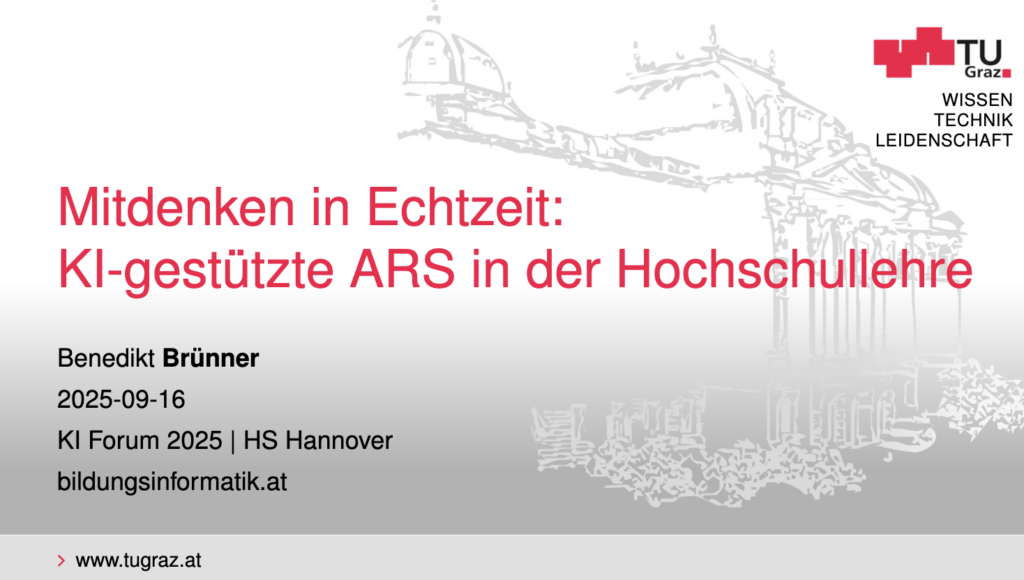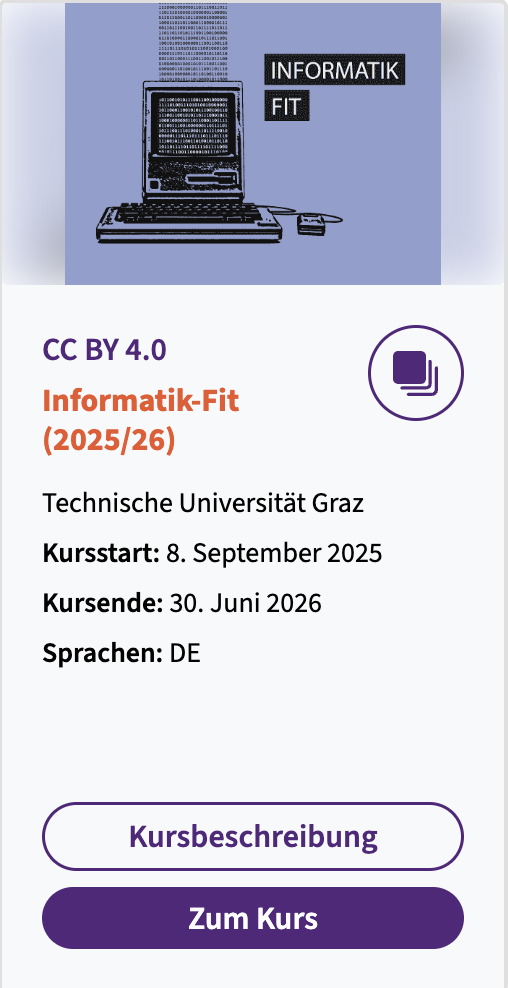This is an impactful contributions, methodological rigor, and exceptional novelty in the research field of AI in education.
Our publication titled „InfoFit and Beyond: AI Chatbots as EdTech Tools for Self-Regulated Learning in MOOCs“ at this year’s HCII conference is available.
Abstract:
Massive Open Online Courses (MOOCs) have become essential for the democratization of education by providing accessible learning opportunities to broad audiences. However, their asynchronous and open structure is challenging for learning, especially in terms of maintaining engagement, and self-regulated learning (SRL) is necessary. This study investigates the integration of a retrieval-augmented-generation (RAG) chatbot into a MOOC and uses generative AI (genAI) to enhance learn-ers‘ SRL processes. The chatbot is based on Zimmermann’s SRL framework and is prepared for the MOOC content, basics of computer science. It is designed to support learners in the forethought, performance, and self-reflection phases by providing concise, context-specific responses. A mixed-method evaluation with 79 participants revealed high levels of satisfaction , with over 98% of respondents recommending the chatbot for future courses. The chatbot proved effective in supporting tasks such as summarization and concept clarification; however, its role in maintaining motivation emerged as a key area for further investigation. These findings underscore the transformative potential of AI chatbots in asynchronous learning environments, while also highlighting the importance of incorporating multimodal and motivational features to maximize educational technology (EdTech) impact.
[full article @ publisher’s homepage]
[draft @ ResearchGate]
Reference: Brünner, B., Ebner, M. (2025). InfoFit and Beyond: AI Chatbots as EdTech Tools for Self-Regulated Learning in MOOCs. In: Smith, B.K., Borge, M. (eds) Learning and Collaboration Technologies. HCII 2025. Lecture Notes in Computer Science, vol 15807. Springer, Cham. https://doi.org/10.1007/978-3-031-93567-1_4




